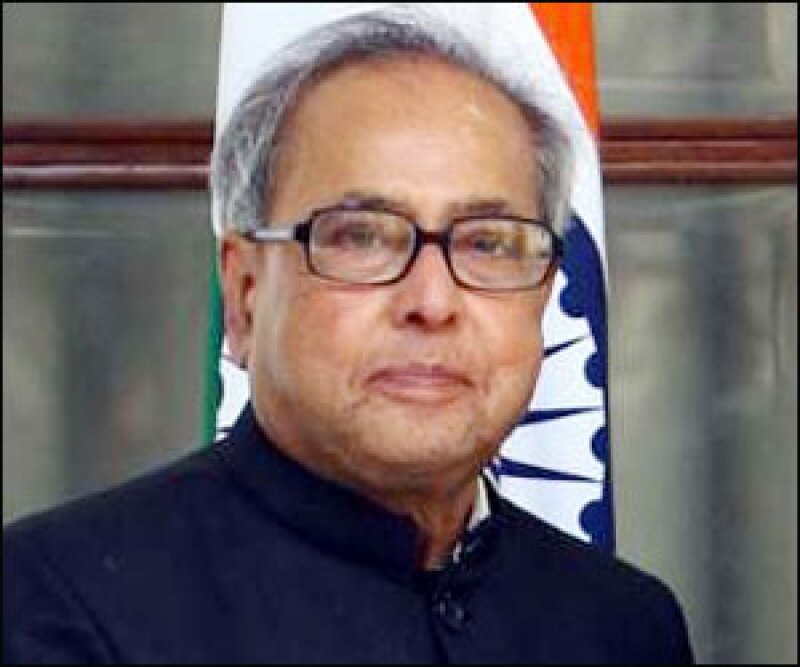Pranab Mukherjee, the politician behind numerous recent tax law reforms, looks set to be named the country’s president next month.
Officials said Mukherjee, who also demanded the retroactive amendment of the country’s tax law to target Vodafone-style transactions going back 50 years, was committed to introducing the GST and his departure could affect negotiations with states as he enjoyed cross-party popularity.

It is rumoured the country’s prime minister, Manmohan Singh, will take over Mukherjee’s role in the short-term.
Singh is regarded as the architect of India's first major economic reforms in 1991 when he was finance minister. His policies helped lift India out of a financial crisis and set the foundation for rapid growth seen over the last 10 years.
Despite Mukherjee’s departure, India is still undergoing widespread reform to its tax laws. It will force tax directors from domestic and international companies to completely reconsider their strategies and to seek efficiencies at all levels of their company's tax affairs.
The DTC, greater international cooperation, GAAR, and the ever-present litigation threat are just four critical concerns taxpayers will have to contend with. They will have to become adept at identifying the best methods to migrate to the new systems while deriving the most tax benefits. Every part of a business's tax operation is being examined.
At the same time, tax officials want to make sure that everyone is complying with the new rules and that they are getting their fair share of tax revenue. This means that the risk of assessments and disputes have become part of everyday life.
International Tax Review's third India Tax Forum on September 5 & 6 in Delhi will bring together leading tax directors, officials and advisers to discuss these issues and help you to prepare for the changes that 2013 will bring. The DTC, GST, retroactive amendments and tax controversy will be four of the key talking points between panellists and among the delegates.
Confirmed speakers include: RN Dash, ex-Director General of Income Tax (International Taxation), Government of India; Girish Srivastava, ex-Director General of Income Tax (International Taxation), Government of India; Mohan Parasaran, Senior Advocate, Supreme Court of India and Additional Solicitor General of India; Prashant Bhatnagar, head of India tax, Procter & Gamble; and R Mani, head of India tax, Tata
The foremost Indian tax specialists will tackle these issues and more. It is a unique opportunity to hear their views, increase your understanding of the upcoming changes and how best to prepare for the future.










